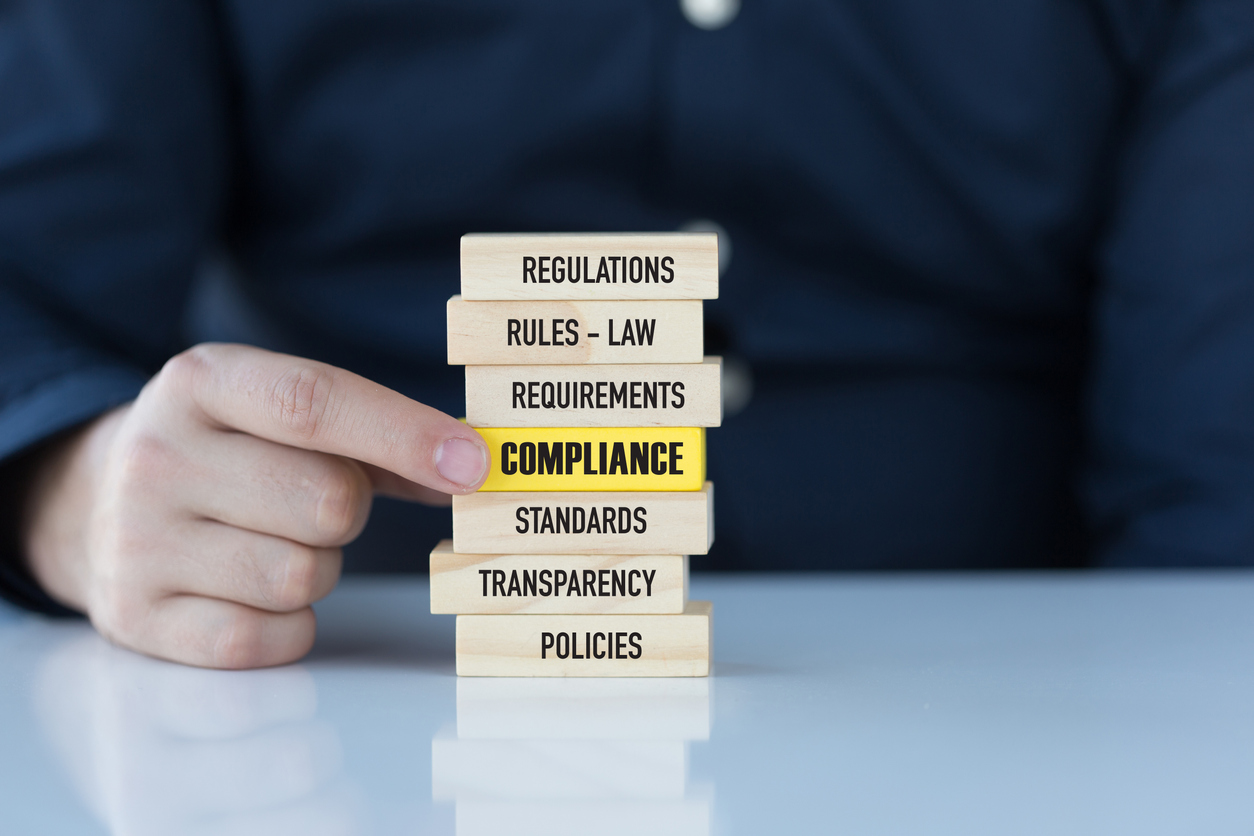As a business owner, you’re probably spinning plenty of plates on a day-to-day basis including sales, marketing, manufacturing, R&D as well as (we hope) staying on top of your bookkeeping. The last thing you want to receive is notification from HMRC that you’re going to be subject to a tax audit. However honest and meticulous you try to be in your business dealings, an audit is still a stressful and time-consuming process and one which everyone would prefer to avoid.
When an audit is requested, an appointed tax officer will check some or all aspects of your bookkeeping. A full enquiry entails a review of every area of your business. An aspect inquiry usually takes place when there has been an error in one area and HMRC needs clarification. This could include accounts, taxes, self-assessment or company tax returns or PAYE records. The auditor will usually want to spend time at your premises, or may call you in for a meeting. They’ll undertake a thorough review of your details and books in order to cross-reference the information they hold and check it’s been accurately submitted. Although an audit can be triggered by something HMRC has picked up, a business can also be chosen for an audit completely at random.

Although nothing can completely remove the possibility of a tax audit, we’ve put together five pointers which might make it less likely that HMRC will want to pay you a visit.
1. Detailed records and expenses
The more rigorous you are about recording every transaction, the more thorough your tax return will be. The auditors at HMRC are obviously very good at spotting the difference between a comprehensive and minutely documented tax return and one which has been thrown together in a panic at the last minute. If yours is a model of exactitude, you’re more likely to be left in peace.
2. Avoid a cash-only policy
The pandemic accelerated the move away from cash-only businesses, but it’s still perfectly legal to operate on this basis, and some businesses, usually sole traders such as window cleaners, odd job people, and craft stall owners, manage perfectly well. However, there are disadvantages and visibility to HMRC is one of them. Where a transaction involves a card payment or bank transfer, it’s easy to confirm. With cash, this doesn’t exist, and auditors will be more inclined to look for discrepancies.
3. Check your figures are consistent with the standard for your industry
If you are a sole trader running a business making cakes, and your profits are much higher than other comparable cake-making businesses, you may simply be working all hours and a beacon of baking brilliance. However, HMRC has access to definitive data on the yearly earnings of every industry in the country, and if yours are considerably higher, this could attract suspicion. It may be that your business has outgrown its model; for a sole trader with soaring profits, a limited company might be a more realistic way to conduct business.
4. Meticulous checking of your tax or VAT return
Even complete perfectionists make mistakes sometimes. The odd minor error probably won’t attract the attention of HMRC, but frequent miscalculations and late submissions will. All businesses have financial dealings with customers and suppliers and as a result there will be a well-documented trail for HMRC to cross-reference.
5. Use a professional bookkeeper
Any business using a professional accredited bookkeeper is going to be viewed as less of a risk. They will be up to date with the frequent changes in taxation and business law, manage cash flow and budgets and provide essential and transparent documentation accurately and on time.
At AMR Bookkeeping Solutions, we understand the stress and worry that a potential tax audit can cause to business owners. Our expert team can help with procedures to manage all your tax issues, and even if you do receive the dreaded audit letter, our professional input can help make an audit go as smoothly as possible. Contact us on 01892 559480 or get in touch through our website.









